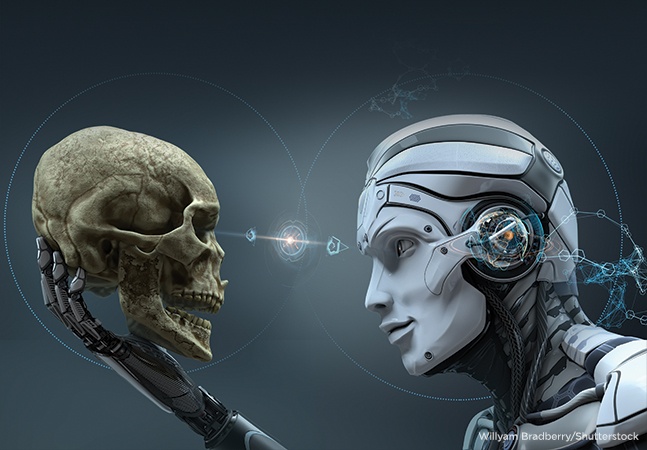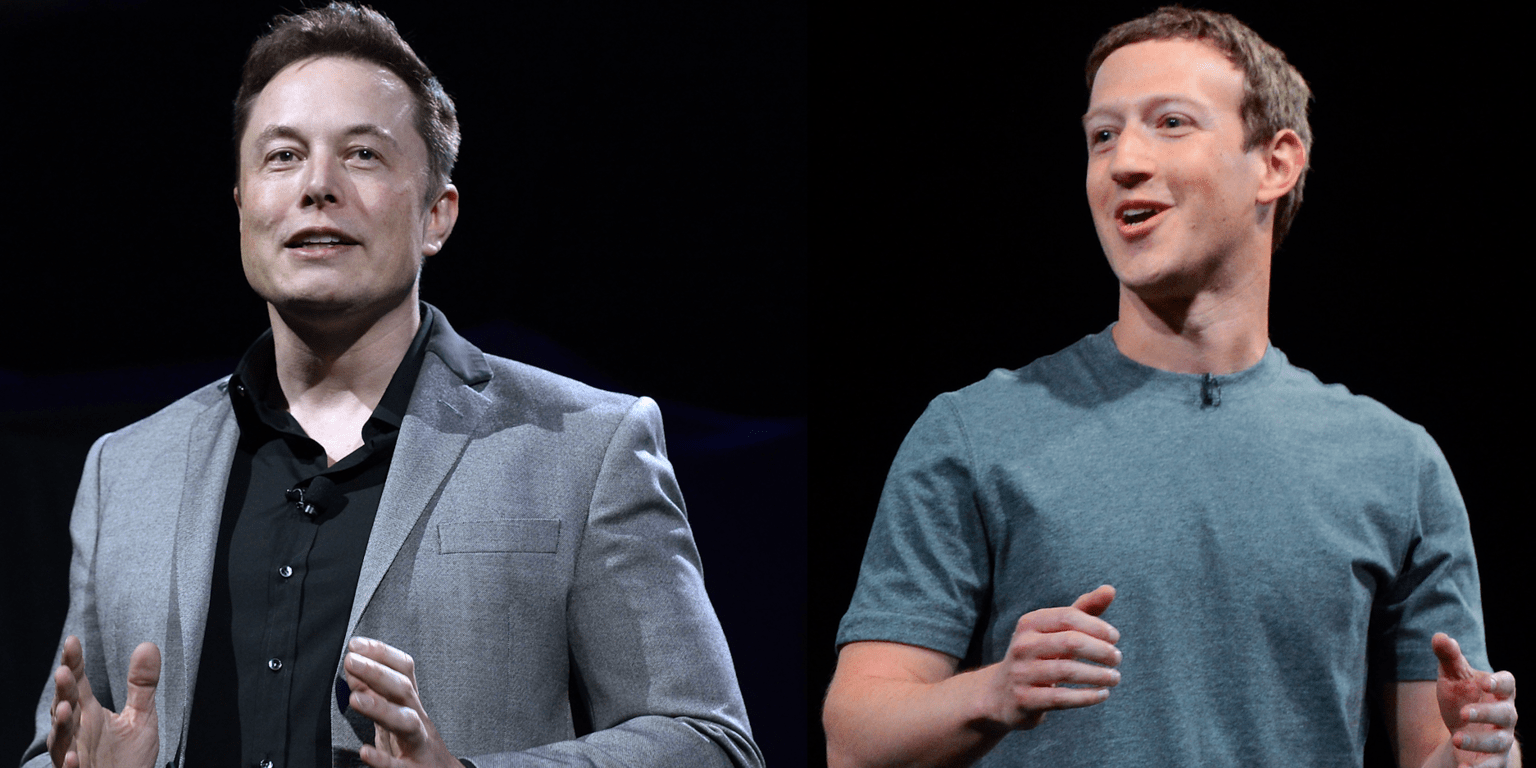Last Updated on May 18, 2025 by Muhamed Elmesery
In a precedent, Springer Nature has published the first academic book written using an artificial intelligence algorithm (AI) under the title Lithium-Ion Batteries, A Machine-Generated Summary of Current Research. This event is a clear example of the potential of artificial intelligence in the field of writing, as it is the first application in the field of academic writing, whereas the novel 1 the Road was the first book written using AI in 2018.
Create a Free Virtual Labs Account Now!
Lithium-Ion Batteries contains more than 150 papers that were published between 2016 and 2018. They were then assembled through a process overseen by Christian Chiarcos, assistant professor of the Applied Computational Linguistics (ACoLi) lab at Goethe University, Germany. You can get a free copy of the book through the website of Springer nature.
Let’s start a tour now to learn about the world of AI and discuss the opinions of scientists and businessmen about this promising field.
Table of Contents
What is Artificial Intelligence?
Surely, many of us have encountered this term while reading or watching science fiction movies in which robots appear having their own mind and desire. Can this happen in the near future? Will we see machines governing their own world without human control?

The beginning of artificial intelligence
In 1955, John McCarthy developed the term artificial intelligence for the first time and defined it as “the science and engineering of making intelligent machines”. It is also known as the intelligence shown by software and robots to mimic human mental abilities and modes of work, such as the ability to learn information, analyze data, have reactions that were not programmed during the manufacture of robots or software. Also, researchers define it as “the study and design of intelligent systems that accommodate their environment and take action that increases their chances of success”.
It is an academic field that is concerned with the manufacture of machines and programs capable of demonstrating intelligent behavior.
Classification of Artificial Intelligence:
Artificial Intelligence can be classified into two types: Machine Learning and Deep Learning. Many of us have also encountered one or both of these terms. So, What do these terms mean?
First: Machine Learning:
It is the branch of artificial intelligence that is concerned with increasing the ability of machines to learn through algorithms. The algorithms can translate the observations and data into patterns that the machine can then use to make decisions and predictions. This can make it easier for programmers as they do not need to write codes for all possibilities. It will be possible to limit our need to manually program machines and software so that programs can teach themselves through experiments.
Second: Deep learning:
This is the more advanced branch, which increases the chance of enabling machines and programs to learn and think like humans. It is based on a complex structure to simulate the neural networks in our minds, so that machines have the ability to understand behaviors and patterns. Here we have another term, Big Data, where deep learning requires vast amounts of data and possibilities to understand the relationships between things.
The English physicist David Deutch believes that philosophy will help artificial intelligence reach a stage that is closest to the thinking of a human mind. Artificial intelligence relies on philosophy to understand, analyze, and make decisions.
Many scientists believe that this advanced level of artificial intelligence is far from our reality now and even for years to come, as science is still in the stage of understanding how the human mind works. Moreover, there are still many secrets about our minds that have not yet been discovered. Some believe that this advanced level of artificial intelligence that science seeks to achieve will be a disaster for humanity, and that researchers should not continue to develop this scientific field.
The late physicist Stephen Hawking has expressed his strong fear of developing artificial intelligence as it could cause the destruction of human race. This opinion was also agreed upon by businessman Bill Gates, the founder of Microsoft.

All of us have followed the statements of Elon Musk, the founder of SpaceX, and Mark Zuckerberg, the founder of Facebook, who have expressed their different views.
Mark Zuckerberg believes that artificial intelligence is not a threat in any way. He believes that artificial intelligence will solve many problems, especially problems that we face on the internet. However, Elon Musk belongs to the side that refused to develop artificial intelligence without restrictions and expressed his great fear of research that seeks to develop this field.
Applications of artificial intelligence
AI is used in many areas, such as communications, banking, medicine, criminal investigations, drug development, social media, search engines and e-mail. Google is developing this technology to understand human languages and marketing ads. It is now used in scientific research in the field of biology, in addition to developing scientific search engines, Also it is used for the development of self-driving cars, aircraft, ships, satellites, navigational devices, and other applications that we rely on in our daily life.
Pick The Best Virtual Plan for You!
Scientific discovery in the age of artificial intelligence
Artificial intelligence (AI) is being increasingly integrated into scientific discovery to augment and accelerate research, helping scientists to generate hypotheses, design experiments, collect and interpret large datasets, and gain insights that might not have been possible using traditional scientific methods alone.
Here we examine breakthroughs over the past decade that include self-supervised learning, which allows models to be trained on vast amounts of unlabeled data, and geometric deep learning, which leverages knowledge about the structure of scientific data to enhance model accuracy and efficiency.
Generative AI methods can create designs, such as small-molecule drugs and proteins, by analysing diverse data modalities, including images and sequences. We discuss how these methods can help scientists throughout the scientific process and the central issues that remain despite such advances.
Both developers and users of AI tools need a better understanding of when such approaches need improvement, and challenges posed by poor data quality and stewardship remain.
These issues cut across scientific disciplines and require developing foundational algorithmic approaches that can contribute to scientific understanding or acquire it autonomously, making them critical areas of focus for AI innovation.
AI Explained: Frequently Asked Questions Simplified!
How is artificial intelligence used in science?
Recently, scientists have been testing how AI can be used to help with experiments in the lab. Here’s an example of how researchers are using artificial intelligence for more accurate and consistent scientific results:
“Scientists at Liverpool University have a new lab assistant (intelligent robot) that is helping them with their research”
The robot works independently 21.5 hours per day. By using artificial intelligence, the robot has a flexible arm, a customized gripper, and a strong work ethic and it could accelerate scientific discovery by giving researchers more time to think creatively.
The robot conducts experiments by itself, moves around the laboratory, avoids human co-workers and also decides for itself which tests to do next depending on previous results. The robot can tackle problems that consume too much time for humans to explore.
What are the applications of artificial intelligence in science?
Here are some applications of AI in science:
- Weather forecasting.
- Battery design optimization.
- Magnetic control of nuclear fusion reactors.
- Planning chemical synthesis pathway.
- Neural solvers for differential equations.
- Hydropower station location planning.
- Synthetic electronic health record generation.
- Rare event selection in particle collisions.
- Language modeling for biomedical sequences.
- High-throughput virtual screening.
- ZB Navigation in the hypothesis space.
- Super-resolution 3D live-cell imaging.
- Symbolic regression.
Is artificial intelligence applied science?
Yes, computing and artificial intelligence is a section of applied sciences.
What is the science of AI called?
The science of artificial intelligence (AI) is primarily referred to as artificial intelligence research, an area of computer science that focuses on giving machines the ability to “think” like humans. In its most general form, Artificial intelligence involves creating computer programs that can be used to exhibit behaviors that resemble human actions and thoughts.
What is Nature Artificial intelligence impact factor?
According to the Journal Citation Reports, the journal has a 2021 impact factor of 25.898, ranking it 1st out of 144 journals in the category “Computer Science, Artificial intelligence” and 1st out of 113 journals in the category “Computer Science, Interdisciplinary Applications”.
What are the disadvantages of AI?
Disadvantages of Artificial Intelligence
- AI requires High Costs.
- AI may displace jobs and increase unemployment.
- AI can’t learn to think outside the box (lack of creativity).
- AI also can make humans lazy and reduce critical thinking.
- Machines and robots can complete tasks that they have been programmed for; but if they are asked to do anything else, they will fail.
- Another disadvantage is that the human connections, which form the basis of teams, cannot be replaced by computers or robots (emotionless).
Discover Science Like Never Before: Access PraxiLabs Virtual Labs Instantly!
PraxiLabs virtual labs provide students and educational organizations with a large catalog of virtual 3D science experiments simulations for college students. Without the hazards or high costs, students can learn and understand scientific concepts and techniques through our virtual labs.
Are you tired of seeing your students struggle to grasp complex scientific concepts? With PraxiLabs’ virtual labs, your students will no longer get stuck in traditional learning methods. By incorporating virtual simulations into your curriculum, you can significantly increase their learning retention and engagement.
Overview of PraxiLabs’ Features and Capabilities
- 3D Immersive Interaction.
- Anytime, Anywhere.
- Personalized & Adaptive to Learning Styles.
- Game-Like Simulations for Students.
- Real-World Lab Experience.
- Adaptive to Learning Styles.
- Practice-Centric Simulations.
- User-Friendly Experience.
- Bilingual, with Simulations Language Customization (upon request).
- Instant Guidance & Feedback.
- 24/7 Customer Support.
- Smooth LMS Integration.
- Fast, Easy, & Accurate Reports to Grow.
Increase your Students’ Learning Retention and Engagement!
 PraxiLabs A virtual world of science
PraxiLabs A virtual world of science





